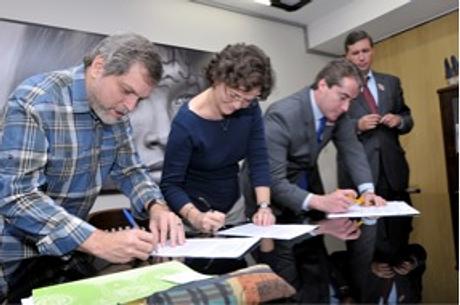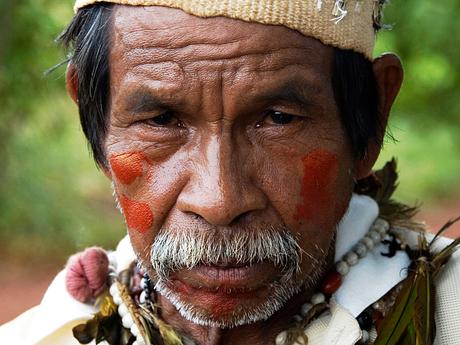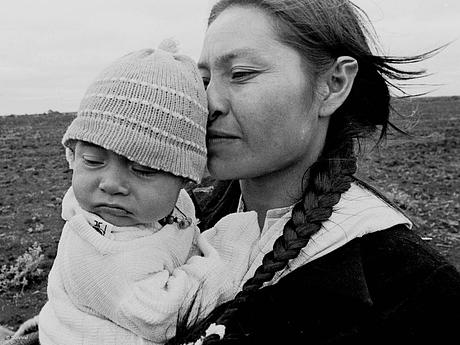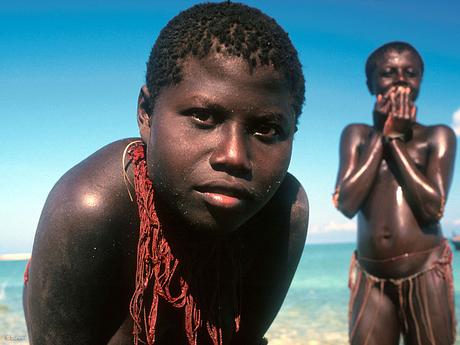Shell scraps controversial biofuels plan after Brazilian Indian protest
June 13, 2012
 © Raízen
© RaízenA biofuels company set up by Shell in Brazil has scrapped controversial plans to source sugar cane from land stolen from an Indigenous tribe after a vociferous campaign by the Indians and Survival International.
The company, Raizen, was established in 2010 as a joint venture of Shell and Brazilian ethanol giant Cosan to produce biofuel from sugar cane.
But some of its sugar cane is grown on land claimed by the Guarani tribe, one of the most persecuted and impoverished in South America. Their leaders are regularly killed by gunmen acting for the sugar cane growers and cattle ranchers who have taken over almost all their land.
Now Raizen has agreed to stop buying sugar cane from land declared as Indigenous by the Ministry of Justice. Sustained campaigning by Survival, and pressure from Brazil’s public ministry kick-started negotiations between Raizen and FUNAI, Brazil’s Indian affairs department.
The breakthrough also sees Raizen vow to consult FUNAI, to avoid further investment or expansion in conflict areas that could be recognised as Indigenous land in the future.
Guarani Indians have welcomed the news. Many of the tribe live in appalling conditions, in overcrowded reserves or camped on roadsides after being forced from their land.
Valdelice Veron’s community in Mato Grosso do Sul state is directly affected. Guarani here report that their rivers have been polluted by pesticides used in the plantations. She says, ‘We’ll be able to drink water from our land again. We’ll be able to start afresh.’

Raizen has acknowledged the sensitive range of issues faced by the Guarani and promises to carry out a ‘social investment programme focused on the Indigenous population.’
Raizen told Survival, ‘We want to use our withdrawal as a good example for other companies to follow. We are committed to respecting Indigenous land declared by the Ministry of Justice.’
The landmark decision could set a precedent in Brazil, and will see Raizen’s buying of sugar cane from land declared as Indigenous, ‘definitely cease’ by November 25.
Survival’s Director Stephen Corry said today, ‘Raizen’s decision is excellent news for the Guarani, who have been left to die on the roadside, and squeezed off their land by sugar cane production. Other companies must follow Raizen’s example, and stop bankrolling the theft of Guarani land. It’s time the world woke up to the fact that Brazil’s biofuel is tainted with Indian blood.’




